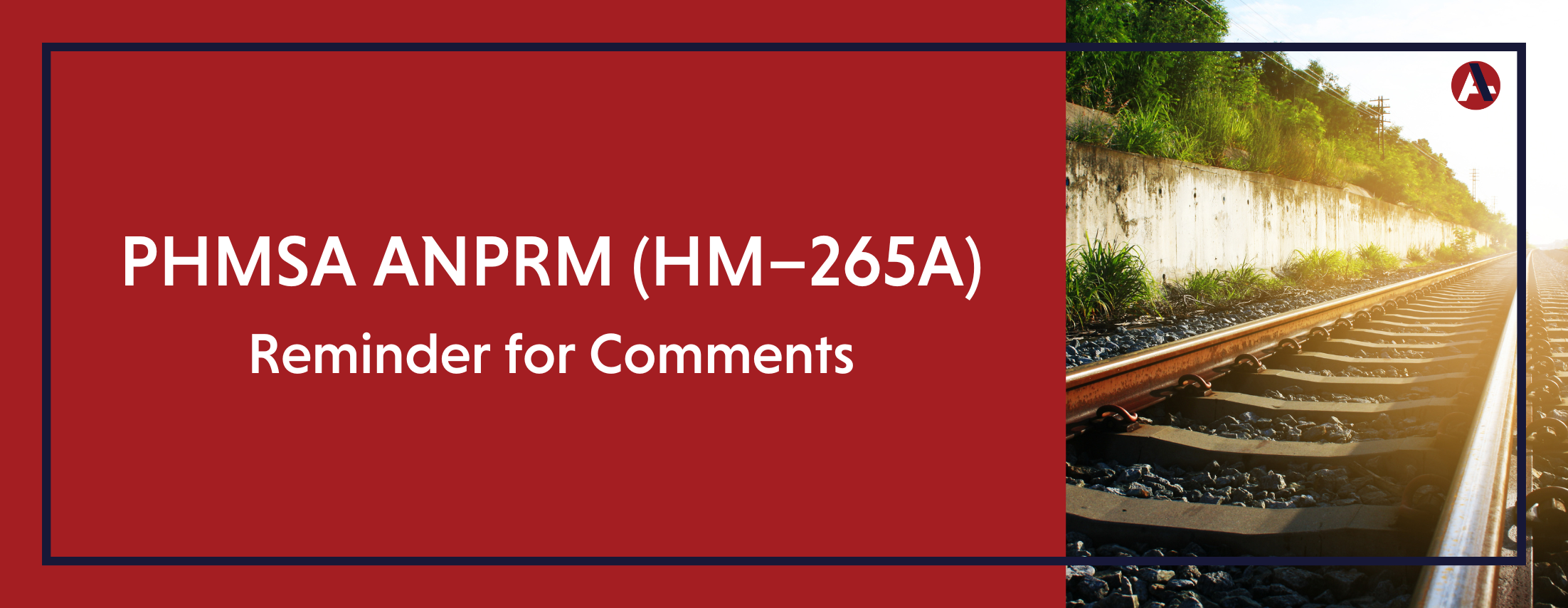When buying a house, it is customary to have an inspector come in and make sure nothing needs to be fixed and, if it does, the current owner/occupant makes the necessary repairs. The logic is simple: you want to make sure you are getting exactly what you paid for.
Freight cars are no different. Without an inspection, you might be unaware of damages to your freight car—or the costly repairs to get them compliant. If you are a lessee, sub lessor, owner, or potential owner of freight cars, here are some instances you would want to inspect the freight car(s).
Shop Inspections:
You will want to confirm that the shop is performing quality repairs and that the associated paperwork matches the billing repair card (BRC) you or your fleet manager approved. Coatings and linings should be inspected for conformance to manufacturers application and acceptance standards. The inspector should witness coating tests or bubble leak testing of valves.
Wreck Inspections:
We recommend that the Joint Inspection Certificate (JIC) is reviewed and signed by your representative instead of the repair shop signing for the car owner. This process will avoid simple errors that may cause delays during endorsement and errors in the final billing. Once the repairs are completed, the inspector should verify the repairs conform with original construction. The final BRC must be audited against the JIC and car – Errors need to be resolved before the car ships.
Pre-Lease Inspections:
Inspect cars to ensure they will meet the purpose of the lease. The inspector should identify and photograph any existing damage to protect you from lease return claims and repairs. Generally, we recommend photographing at a minimum each side of the car to set the baseline at the start of the lease. The inspector should provide a detailed report to support the inspections.
Post Lease Inspections:
Under normal circumstances, the inspector should accompany the lessee or car owner’s inspector. The purpose of this inspection is to ensure the cars meet the agreed upon condition of the car based on the lease return language. The inspector should also assist creating the scope of work for repair shops from the lease document.
Acquisition Inspections:
Inspect cars to ensure they meet drawings and specifications from the seller. The inspector should identify and photograph any existing damage and inspect for structural defective conditions. Generally, we recommend photographing at a minimum each side of the car, plus at least one full set of photos of each car type. A detailed report to support the inspections should be provided. We recommend getting an estimate of what it will cost to bring the cars into your fleet and finding out if there are any long-term financial liabilities.
New Car Inspections:
We recommend all new cars are inspected to ensure they meet the manufacturers specifications and drawings. Most new car facilities now offer Virtual Sample Review (VSR) so you can review the first car from your office. This will be your chance to verify the car will meet your needs. We recommend having an onsite inspector complete the Final Acceptance Inspection and sign the Certificate of Acceptance, if required. The inspector should also audit the production line to ensure construction meets drawing specifications. Detailed reports with supporting photographs should be completed each week throughout the build order.
AllTranstek can provide all these services, and more!
CLICK HERE TO CONTACT US

